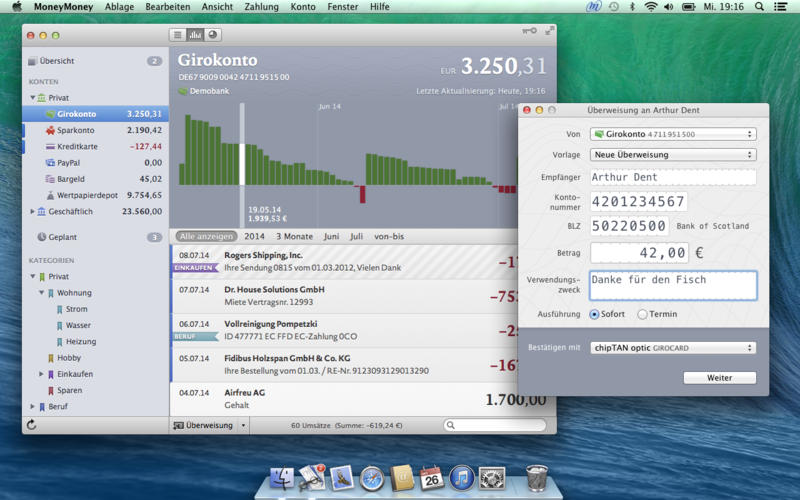
Read more about care and support you can get for free. NHS care, such as NHS continuing healthcare, NHS-funded nursing care and care after illness or hospital discharge (reablement).small bits of equipment or home adaptations that each cost less than £1,000.
#MONEYMONEY TEST FREE#
You might be able to get some free help regardless of your income or if you're paying for your care. You won't be reimbursed if your savings are below the limit before you contact them. If your savings fall below the upper capital limit of £23,250 (or £100,000 from October 2025), your council might be able to help with the cost of care.Ĭontact your local council about 3 months before you think your savings will drop to below the limit and ask them to reassess your finances.Ĭouncils provide funding from the date you contact them. Society of Later Life Advisers (SOLLA), call 0333 2020 454.PayingForCare, a free information service for older people.They'll help you compare all your options before you decide what's right for you.įind a specialist care fees adviser in your area with: You can get unbiased expert advice from a specialist care fees adviser. Independent Age: do I have to sell my home to pay for residential care?.The council pays for your care home and you repay it later when you choose to sell your home, or after your death.Īsk your council if you're eligible for a deferred payment scheme. A deferred payment schemeĪ deferred payment scheme can be useful if you have savings less than the upper capital limit of £23,250 (or £100,000 from October 2025) and all your money is tied up in your property. You can rent out your home and use the income to help pay your care home fees. MoneyHelper has more information on equity release Renting out your home It's available if you're over 55.īut you have to pay interest on the money you take out, which can be expensive. Releasing money from your home (equity release)Įquity release lets you take money that's tied up in your home without selling it. Sometimes selling your home to pay care home fees is the best option.īut there may be other ways to pay care home fees if you don't want to sell your home straight away. Step 6: Wait for a buyer so you can get paid.

Step 5: Clean/fix the item and list it back on for Sale section. Step 4: Once you find an item, contact the seller so you can pick it up. You won't have to sell your home to pay for help in your own home.īut you may have to sell your home to pay for a care home, unless your partner carries on living in it. Step 3: Every day (on your break, while waiting in line, on the couch) spend a few minutes to look for the latest items. Read about Benefits if you're over State Pension age. Read about Benefits if you're under State Pension age. You can use them to pay towards the cost of your care.

You may be eligible for benefits, like Attendance Allowance and Personal Independence Payment (PIP), which aren't means-tested. The price will vary according to where you live and the type of care you need.įor example, serious health problems like dementia and chronic obstructive pulmonary disease (COPD) can increase the cost.
#MONEYMONEY TEST HOW TO#
How to arrange your care as a self-funder You can choose to pay for care yourself if you don't want a financial assessment. Read more about the financial assessment.


You can ask your council for a financial assessment (means test) to check if you qualify for any help with costs.


 0 kommentar(er)
0 kommentar(er)
